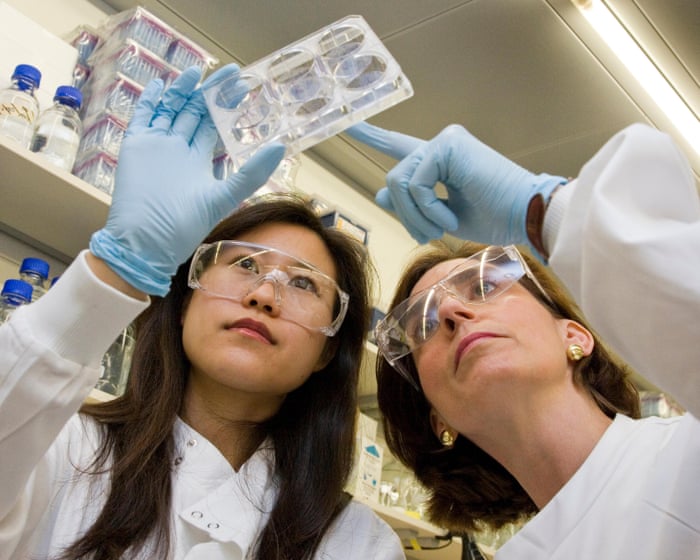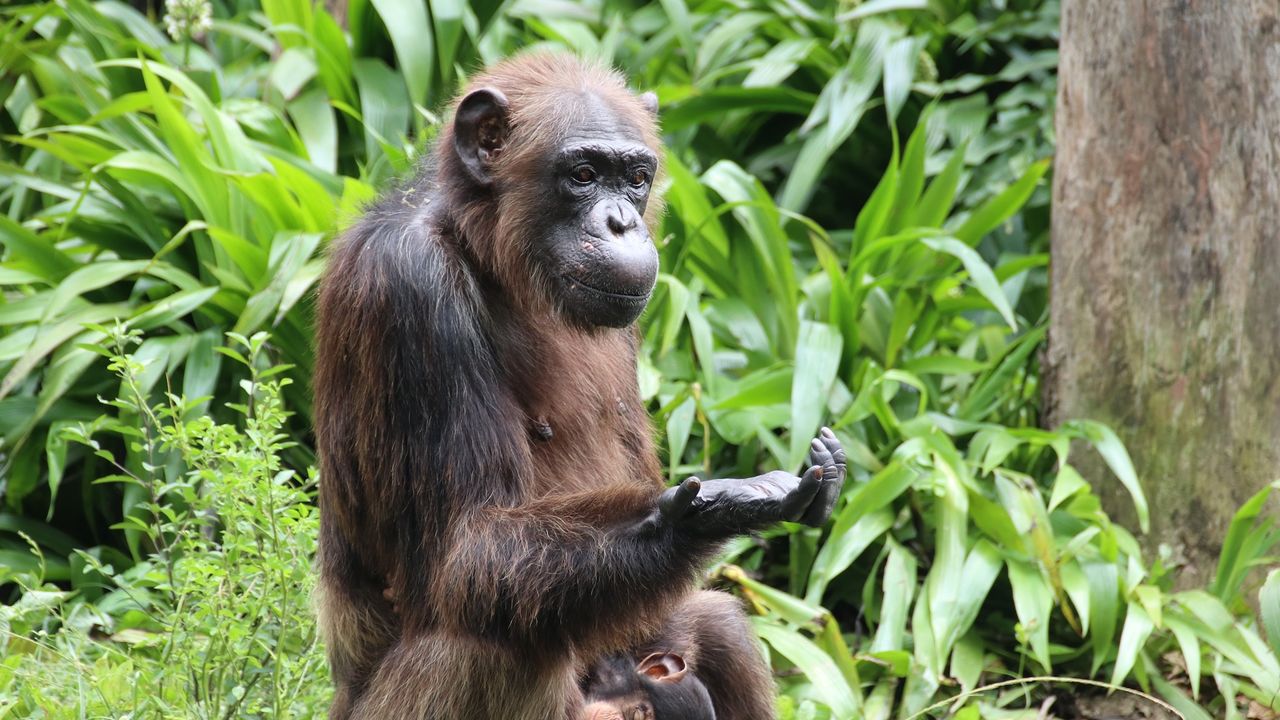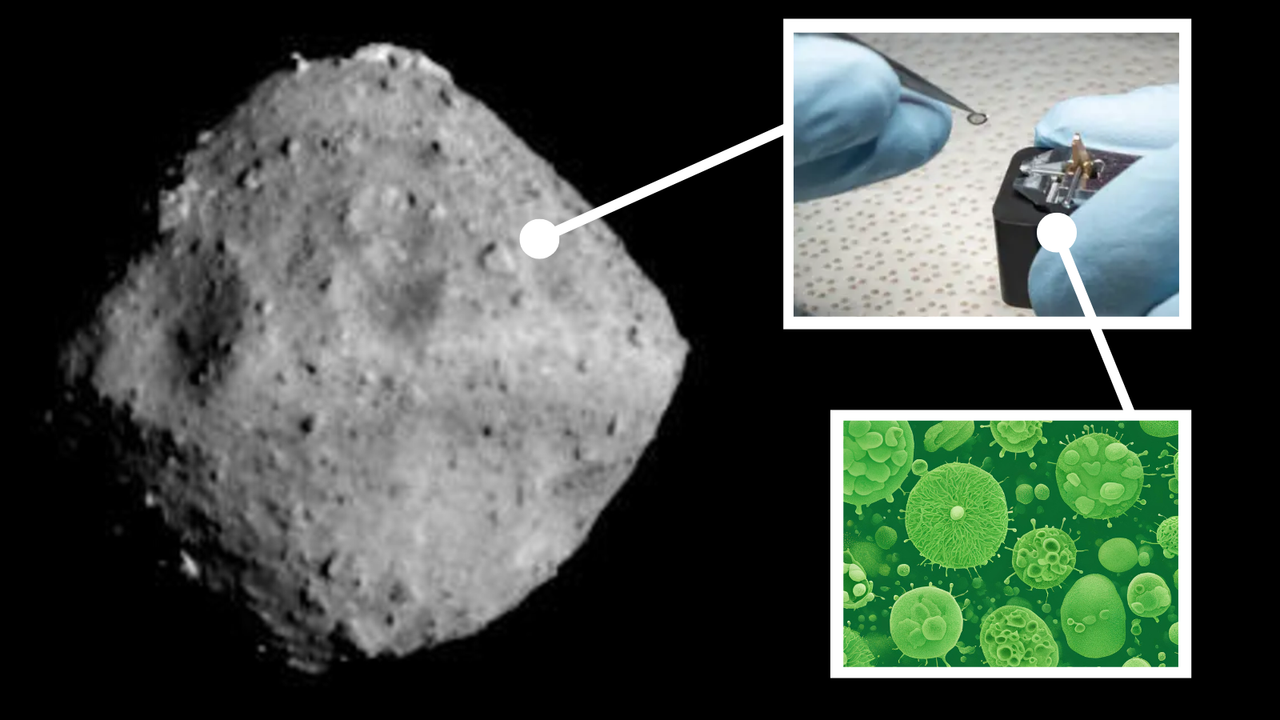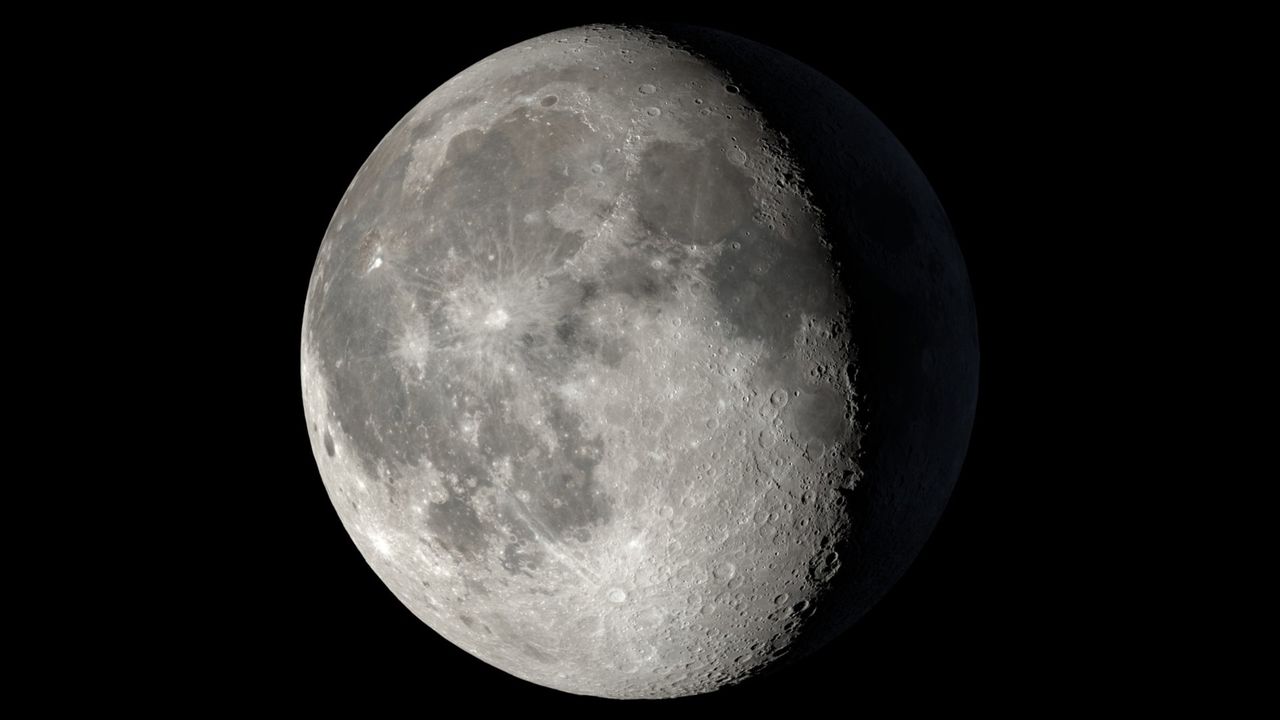Britain's energy bills problem - and why firms are paid huge sums to stop producing power
NeutralScience
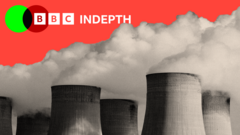
Britain is grappling with high energy bills, prompting the government to consider a radical plan to change electricity distribution. This approach aims to lower costs for consumers, but it raises concerns about fairness, potentially creating a postcode lottery where some areas benefit more than others. Understanding the implications of this plan is crucial as it could reshape the energy landscape and impact household budgets across the UK.
— Curated by the World Pulse Now AI Editorial System


